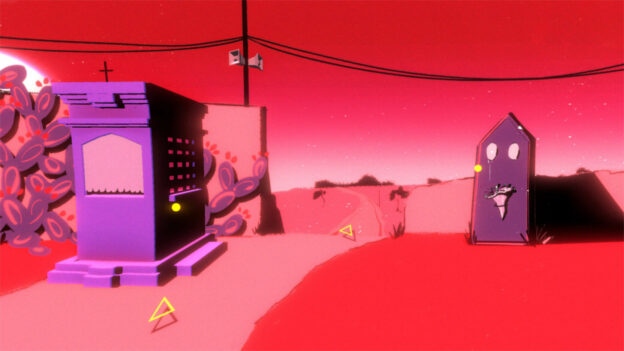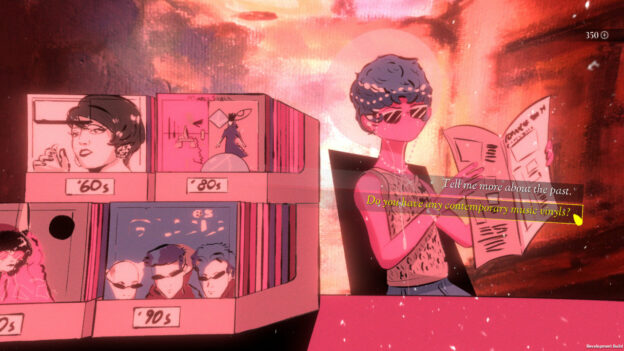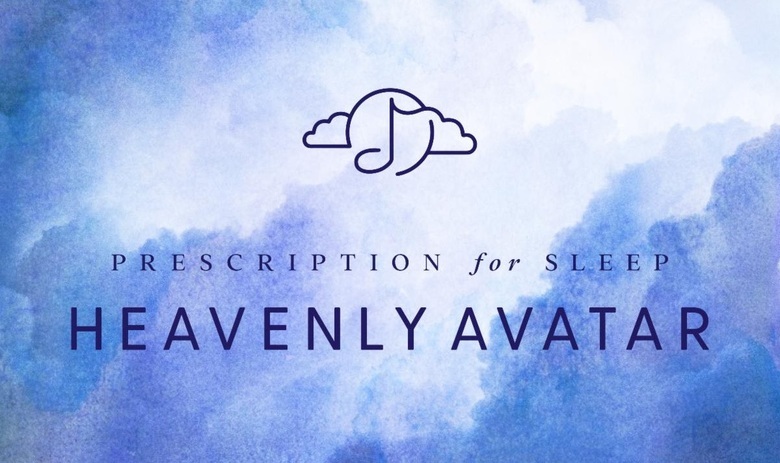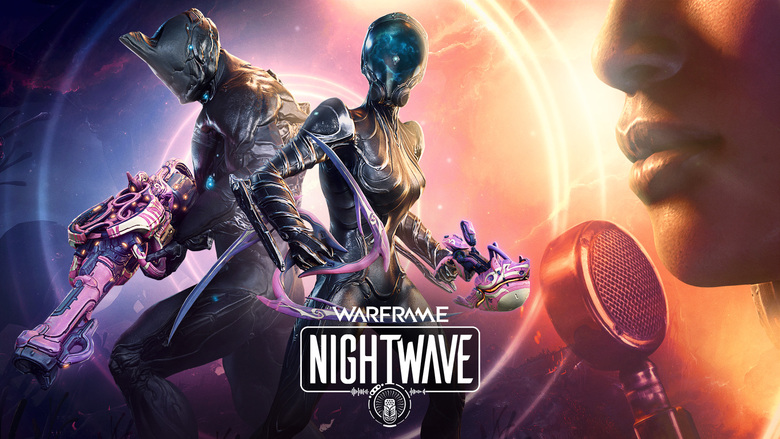Review: Mediterranea Inferno (Nintendo Switch)
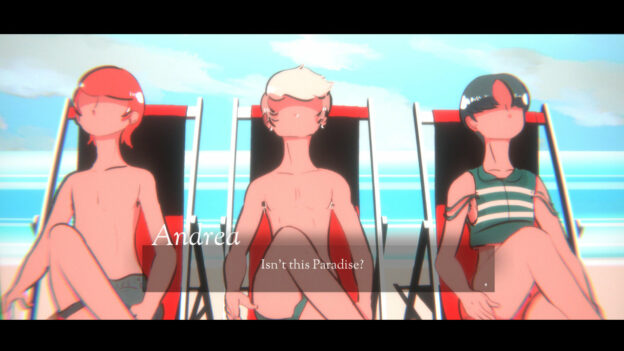
Mediterranea Inferno is an ambitious visual novel set in the Italian countryside. It tells the story of three friends who reconnect following the COVID-19 pandemic. Their interactions follow themes of love, drugs, sexuality, anxiety, and loneliness, providing a bleak experience that isn’t for everyone.
The story follows Claudio, Andrea, and Mida, three young, homosexual men who were the height of popularity in Milan prior to the pandemic. Once lockdowns were put in place, the three lost touch with each other. Cut to several years later, and Claudio reaches out with an offer to stay at his late grandfather’s country house for a three-day summer getaway.
Thus begins an adventure in reviving friendships and finding oneself. Each character comes with a truckload of baggage to deal with, and it’s interesting to witness their journey, though they’re not particularly likable people. The story moves along quickly, making this an easy title to complete in an afternoon. Having said that, there are multiple endings, offering the chance to replay for an alternate pathway.
Whether you’ll want to play again depends on whether you enjoy watching self-centered young men compete for drug-induced visions in order to achieve their ultimate “happy” ending. Yes, compete. Part of the gameplay involves eating a fruit that induces something called a “Mirage,” a trippy journey into the character’s psyche. There are only so many of these plants available, so you more or less choose who gets the ending they deserve. It doesn’t take long for things to get weird via these Mirages, proving this title to be an artistic expression that won’t be for everyone.
I liken my experience with Mediterranea Inferno to watching television in the wee hours of the morning. Have you ever stumbled upon something random on TV after midnight when you can’t sleep? The term “art house” comes to mind, and while that’s not necessarily a bad thing, it will marginalize the audience to a degree.
Some themes hit close to home. After all, the entire world lived through COVID-19; feelings of isolation and disconnection were all too real for many people. Hearing each character’s version of coping through the pandemic feels pretty raw and relatable, if exaggerated. It’s less easy to relate to their self-absorbed suffering over the course of the story.
On the plus side, Mediterranea Inferno uses a unique style to stand out visually. Cut scenes are plentiful, with short snippets of text that are easy to read. This visual novel relies more on the visual side of the genre, less on the novel. It makes it easy to interact with and, as mentioned, you can breeze through quite quickly.
Scenes use striking angles and colors to highlight story elements. The characters look like they’re inspired by anime, with big eyes, cool hair, and stylish clothes. The artistic vibe makes it feel like you’re watching an indie film. It works well.
One thing I can’t forgive are typos. I noticed a few during the story, particularly early on, which always irks me in visual novels. Everyone makes errors, and I assume this wasn’t initially written in English, but these issues are obvious and easily fixed. Mistakes like these take me out of the experience.
The sound is worth mentioning, though, with many audio treats to compliment the visual style. They work well together, giving an intense sense of doom and gloom. This isn’t a pleasant story to watch or read, so be warned. There’s an age rating for a reason.
Overall, Mediterranea Inferno is a unique visual novel that certainly stands out. Multiple endings provide the option to replay this short title, though the drug-induced sequences and unlikeable characters won’t be for everyone. Nor will the explicit content. If you like your indie titles on the more obscure side, though, this one might be worth checking out.

